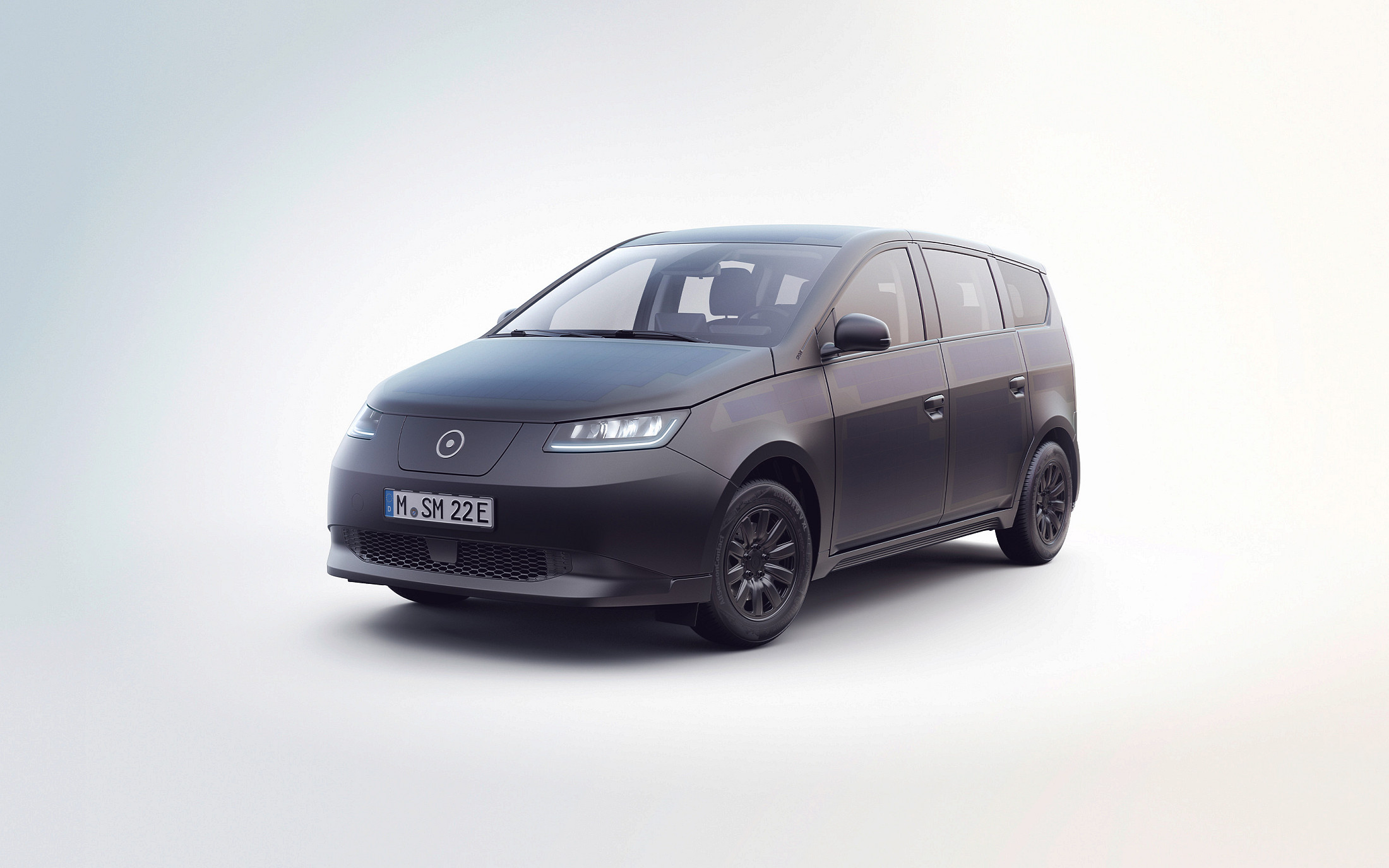On 25 July, we finally presented our series-validation vehicle - the Sion in its production design - to the world at our Celebrate the Sun event. We were delighted to be able to show it to our supporters both in-person and online. For those who weren’t there or just want to know more about the differences between our previous prototype, the SVC2 and our series-validation vehicle, look no further.
Here are a few insights into the most important differences - read and enjoy.
To start, here are the two vehicles, the SVC2 and the SVV (series-validation vehicle), side by side to give you a visual representation of their differences. Note that we plan that our series-production Sion exterior design will remain the same as that of the SVV.
You can perhaps tell that the vehicle has actually increased slightly in length, by 160mm for our SVV. This is for crash and safety purposes as well as vehicle dynamics. These measurements are final and will also apply to the future vehicle generations. It has also decreased in weight — going from 1,830 kg to 1,750 kg.
Another exciting visual element to be seen in these pictures is the major design updates to the front, which, as previously stated, will be similar for our series vehicles. The vehicles have a new, highly optimized lighting design in both the front and the rear, and the charging lid has been adapted for the same purpose. A cool new feature is the reversing camera that has been installed on the rear of the car for increased driving comfort.
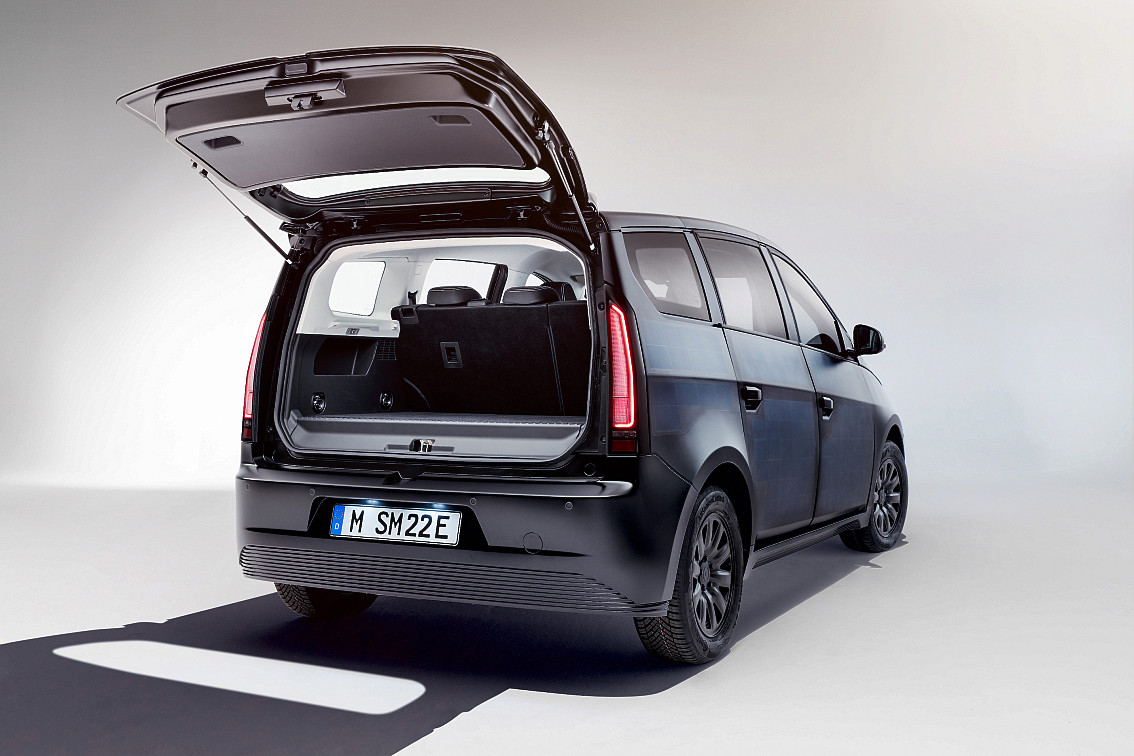
The solar body panels have also been updated with the latest generation which have been further optimized from the previous generation and prototype. The final series vehicle will, of course, be fitted with the final solar body panel design that the team are currently working tirelessly on.
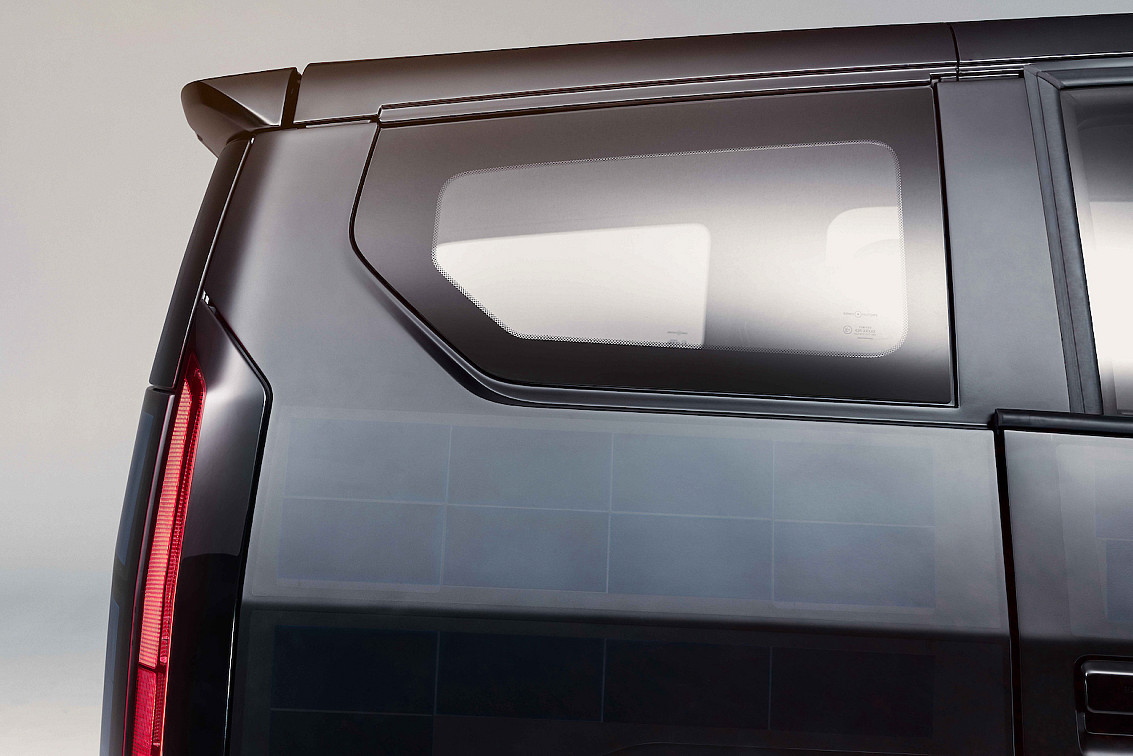
The interior has also received some enhancements - including a more spacious, cleaner interior with increased storage, newly designed front seats and rear seat, and a new steering wheel.
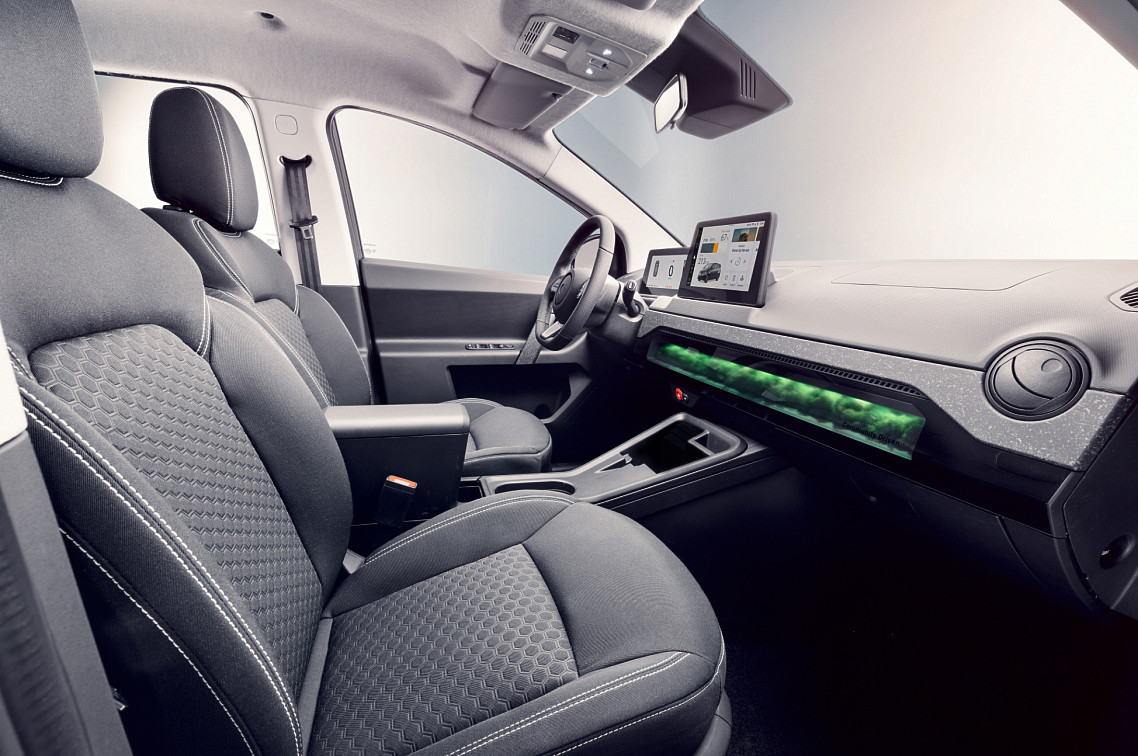
We’ve also installed the new 54 kWh battery that we presented last year. This LFP (lithium iron phosphate) battery is made up of blade cell technology and is more resource friendly and durable. It contains no cobalt, nickel or manganese and is effectively non-flammable. These types of batteries display only low power losses, even after intensive use. It will also extend the Sion’s range to up to 305 km (estimated WLTP) with a charging rate of up to 75 kW (DC fast charging).
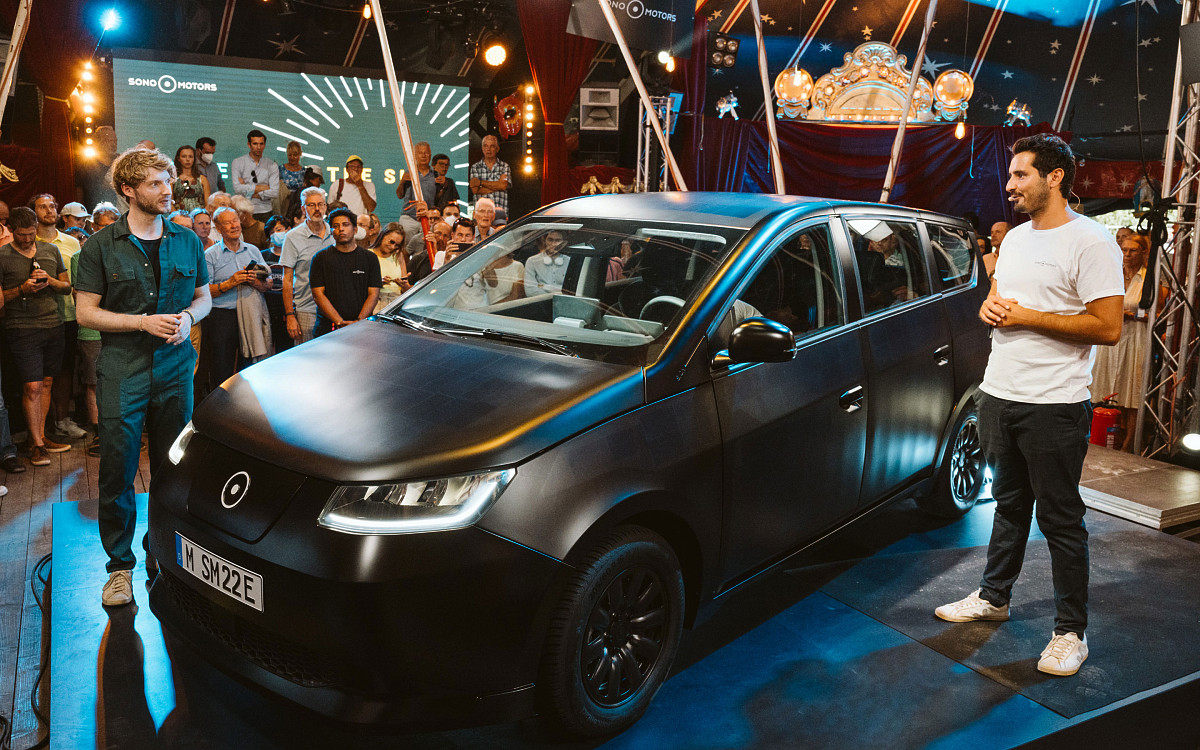
Find out more about the series-validation vehicle from our Q&A session recordings that were presented live at our Celebrate the Sun event where the vehicle was unveiled for the very first time. If you're curious as to how such a validation vehicle is built, we highly recommend this blog and our video series on YouTube.
